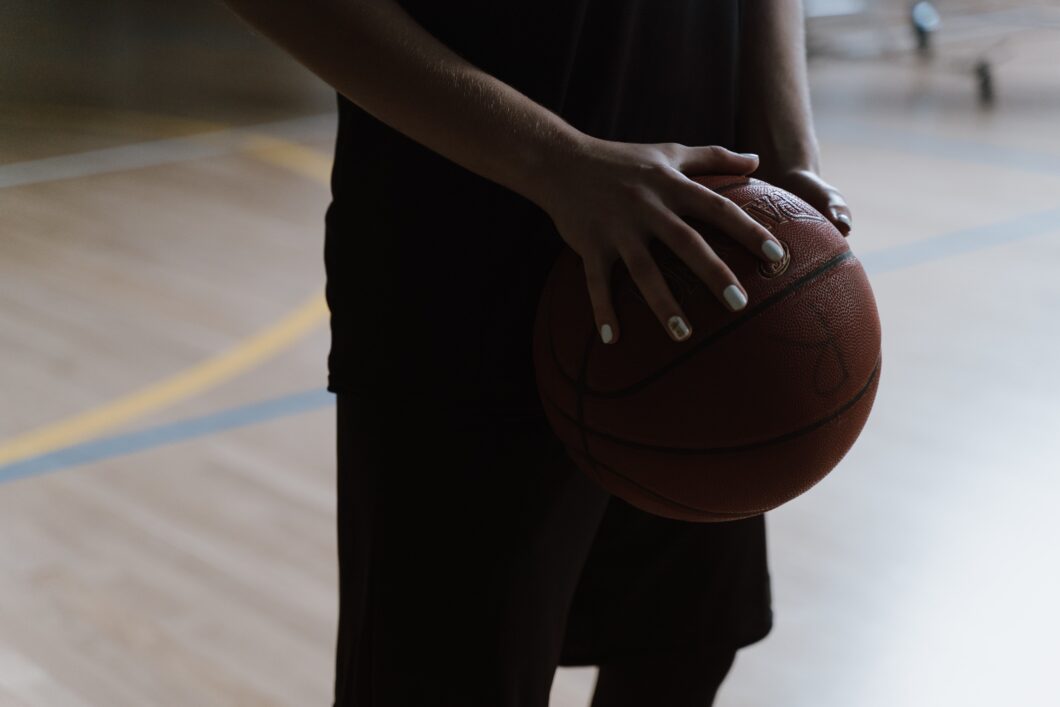An athlete’s journey is marked by both triumphs and challenges and among the most trying of these challenges is the aftermath of an injury. Whether the recovery is short-term or long-term, athletes often grapple with psychological hurdles that can hinder their performance upon their return to their sport. These mindset blocks, including fear of re-injury and performance anxiety, can create mental barriers that seem insurmountable. However, with the right strategies, athletes can overcome these mental obstacles and emerge even stronger than before.
7 Ways to Regain Confidence After a Sports Injury
1. Embrace the Healing Process: After an injury, it’s crucial to acknowledge that healing takes time. Embrace the process and recognize that setbacks are a natural part of recovery. By focusing on gradual progress rather than instant results, you can reduce the pressure on yourself and ease anxiety. Control what you can control, which for the moment is allowing the healing process to take its course. You can take responsibility for your effort, including your mindset, but you can also have self-compassion. By reducing stress, there is evidence that you might even heal faster.
2. Resist the Urge to Isolate: After an injury, you might feel alone. It can be hard to be away from your team knowing that they are continuing to move forward while you heal. It might also feel natural to want to isolate yourself from your team and your sport because being around it is a painful reminder of your current physical limitations. However, isolation can create more mental hardship. Being around your team, or even talking about your journey with a peer group or coach, can actually help you not feel so alone and build your confidence.
3. Visualize Success: Your mind doesn’t know the difference between what you’re thinking and what’s really happening. Because of this, visualization is a powerful tool for overcoming mental blocks. Picture yourself performing successfully on the field, moving with confidence, and achieving your goals. This technique not only boosts your self-belief but also rewires your brain to associate positive outcomes with your sport.
4. Set Realistic Goals: Setting achievable goals helps in building your confidence step by step. Small wins add up and demonstrate your progress, aiding in diminishing the fear of failure. As you meet these milestones, you’ll realize that your injury doesn’t define you – your determination does.
Your thoughts often feel like your friend and so sometimes you’re more loyal to them than you should be.
@TheMistyBuck Click to Tweet
5. Reframe Negative Thoughts: I affectionately call negative thoughts, “hater thoughts.” This is because your thoughts often feel like your friend and so sometimes you’re more loyal to them than you should be. On top of that, we all have that one friend who loves to complain or be a hater. So, make a choice to stop hating on yourself. Identify and challenge negative thoughts. Replace them with positive self-talk focused on courage and growth.
6. Gradual Exposure to Challenges: Ease back into training gradually, allowing yourself to rebuild both physical and mental strength. Facing your fears in a controlled environment helps you regain confidence and adapt to the demands of your sport. Once you’re back to practice and games, take it play-by-play. Focus on trusting your body and your skillset by being totally in the moment.
7. Limit Comparing Yourself Before and After: It’s natural to want to think about who you were as an athlete before your injury, however, this comparison can become a distraction that limits your healing. It can certainly be frustrating to not feel like you once did and to also wonder if you ever will but do your best to get into a growth mindset. For example, what if you come back better and stronger because your training is now more focused? It is totally possible!
In addition, you may want to seek professional guidance. Sports psychologists and mental health coaches specialize in assisting athletes through mental blocks. Their expertise can help you develop personalized strategies to overcome fears, build resilience, and regain your competitive edge.
An injury doesn’t signal the end of your athletic journey; rather, it’s a chapter that can strengthen your mental resilience and determination. By embracing the healing process, visualizing success, setting achievable goals, reframing negative thoughts, building a support system, practicing mindfulness, gradually exposing yourself to challenges, and seeking professional guidance, you can break through the mindset blocks that follow an injury. Remember, your comeback story is within your control, and your mental strength can be the most remarkable part of it.
Click here to learn more about our 1 on 1 coaching programs.

